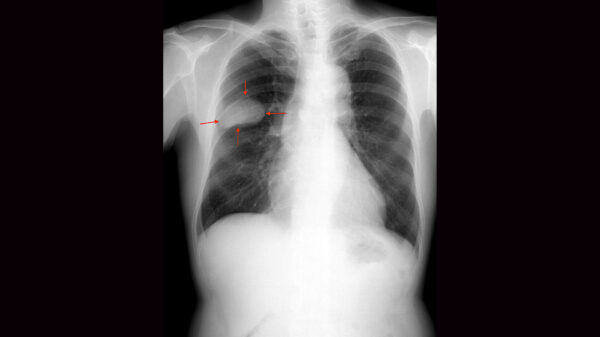Utah Governor Spencer Cox has decided to let a bill allowing a pilot program for the therapeutic use of psilocybin and MDMA. The Governor is allowing it to become law without his signature. Despite expressing reservations about the legislation, Cox acknowledged the widespread support it received in the state legislature.
In a letter to legislative leaders, Governor Cox explained his decision to let the bill become enacted, noting the “overwhelming support” it garnered from both chambers. Cox expressed general support for scientific efforts to explore the therapeutic potential of new substances. However, he expressed disappointment that recommendations from a specific task force were disregarded in the legislative process.
Moreover, the newly enacted measure permits the administration of psilocybin and MDMA as alternative treatment options within certain healthcare systems in Utah. These systems include privately owned and non-profit healthcare organizations. The list includes a minimum of 15 licensed hospitals and medical programs operated by institutions of higher education.
Hospitals implementing psychedelic therapy pilot programs are required to submit reports to the legislature by July 1, 2026. These reports must detail the drugs utilized, healthcare outcomes of patients, and any reported side effects. The legislation will take effect on May 1, 2024, and sunset after three years.
Read more:American cannabis sales expected to rise by over 9% this year
Read more: Colorado bill threatens free speech online by targeting cannabis advocacy
Legal implications of Utah’s psychedelic bill
One key concern surrounding the implementation of the legislation is the potential legal liabilities for hospitals and universities. Psychedelics such as psilocybin and MDMA are still classified as Schedule I drugs under federal law. It remains unclear how institutions will navigate federal regulations while participating in the pilot program.
Furthermore, Utah is among several states where lawmakers are advancing psychedelics reform legislation focused on therapeutic use. States like Illinois, Indiana, Maryland, and Vermont are exploring various approaches to legalize or decriminalize psychedelics and establish regulatory frameworks for their therapeutic use.
Across the United States, there is growing bipartisan support for psychedelic therapy as a potential treatment for various mental health conditions. Lawmakers, advocates, and researchers are increasingly recognizing the therapeutic benefits of substances like psilocybin and MDMA.
Governor Spencer Cox’s decision to let the psychedelics pilot program bill become law without his signature reflects shifting attitudes. Additionally, this decision highlights the growing recognition of the potential benefits of such treatments in Utah and beyond. As states continue to explore the potential benefits of these substances, the landscape of mental health treatment may undergo significant transformation in the coming years.
zartasha@mugglehead.com














